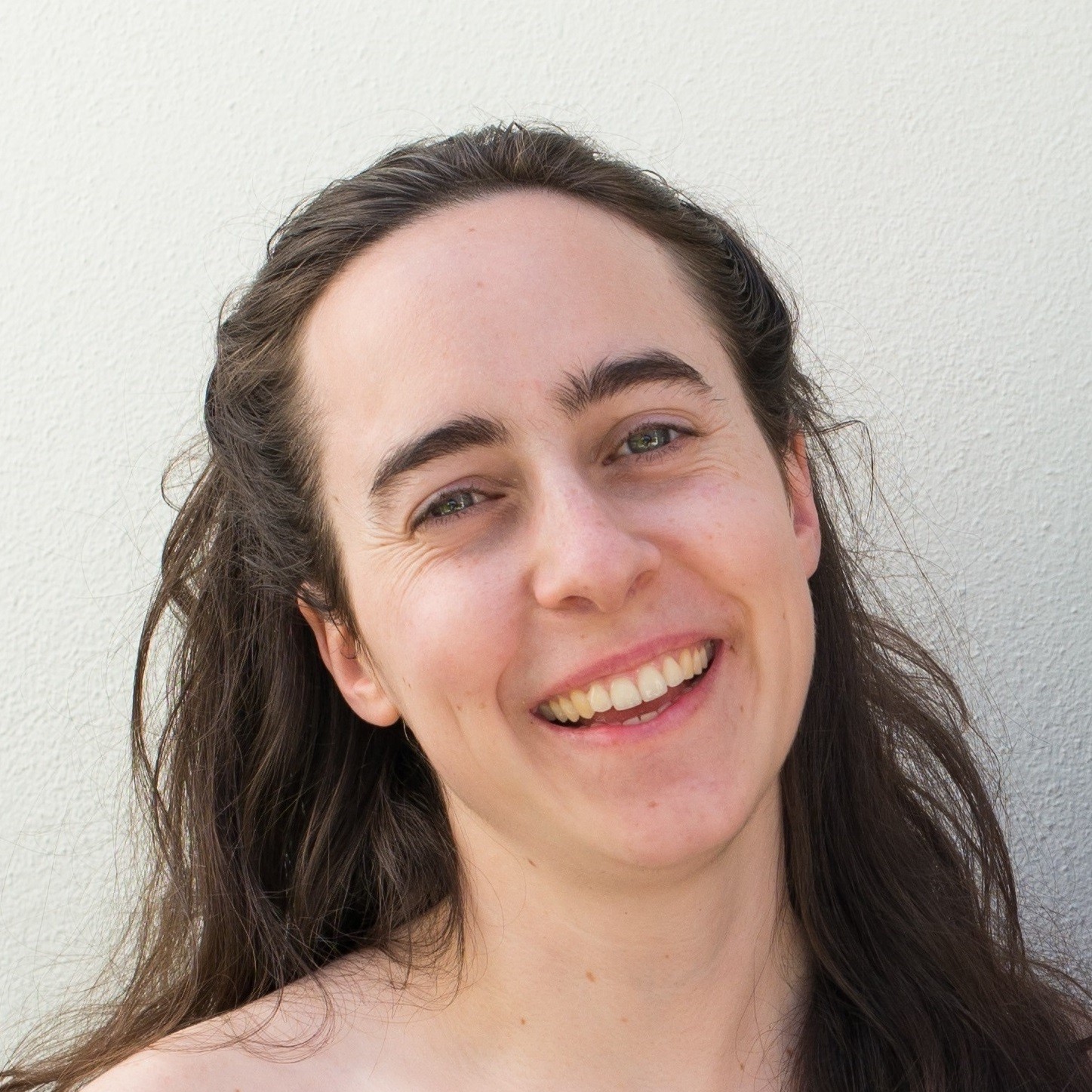About This Project
To what extent do logos influences the perceived status of a university? The findings of this study can guide institutions in crafting logos that align with their desired image and reputation and help us become aware of our cognitive biases. For marketing professionals, the results can help strategize the use of shapes and specific elements to enhance the overall appeal.
Ask the Scientists
Join The DiscussionWhat is the context of this research?
The project delves into the fascinating world of visual branding, particularly focusing on university logos. In today's highly competitive academic landscape, universities are constantly competing for attention and recognition. One crucial aspect of this endeavor is the design of their logos, which serve as visual representations of their identity and values. Despite the importance of logos, there's limited understanding of how they influence public perception and institutional status.
What is the significance of this project?
Understanding the impact of university logos is crucial for several reasons. It sheds light on the intricate relationship between visual branding and institutional reputation, offering valuable insights for universities aiming to enhance their brand image and distinguish themselves in a crowded marketplace. This exploration also contributes to the broader field of marketing and consumer behavior by extending the study of color psychology to the realm of higher education, ultimately allowing individuals to make more informed decisions while raising awareness of their cognitive biases.
What are the goals of the project?
The primary goal of this project is to investigate whether there's an association between the colors used in university logos and the prestige of the institution. Secondly, to explore how the combination of color, shape, and iconic elements collectively influences the perceived status of the university. By achieving these goals, the project aims to increase awareness on the effect of logos on institutional prestige and provide actionable insights for universities and marketing professionals to optimize their logo designs and strengthen their institutional brand. It can also make consumers aware of their cognitive biases and push people to make more informed decisions.
Budget
Our budget items are for color and shape detection and analysis software- two specific image detection tools. This is vital for completing our research project on university logos. By utilizing these programs, we can efficiently analyze the colors and shapes present in a large dataset of 4000 university logos. This analysis is crucial for investigating the correlation between design choices and institutional prestige and rankings. Without these resources, manually processing such a large dataset would be time-consuming and resource-intensive, with a greater probability of inaccuracy.
Endorsed by
 Project Timeline
Project Timeline
The project is designed to be completed within 12 months. Potential blockers include technical challenges during the color/shape analysis and the possibility of outliers during data cleaning, which could complicate the process. The statistics carries some uncertainty, as the relationship between logo design and university rankings may not yield clear or expected results. The project is handled by the lead researcher (Dr. Kapsetaki), and a student (A. Swaroop).
Aug 30, 2024
Project Launched
Sep 30, 2024
Ensure all 4,000 university logos from public databases and university website are in a consistent format for analysis and of sufficient quality.
Oct 31, 2024
Finish processing all images through Image Detection Tools (MulticolorEngine API/Google Cloud Vision API) to analyze the color/shape characteristics of each logo.
Nov 30, 2024
Double-checking of collected data.
Dec 31, 2024
Perform statistical analyses.
Meet the Team
Affiliates
Arushima Swaroop
My love for the brain stems from personal exploration, empathy, and an endless curiosity about the complexity of human behavior. Exploring this beautiful field fuels my passion to heal, spark positive change, and illuminate what makes us inherently human.
Dr Marianna Kapsetaki
- Medical Degree (1st Hons)
- MSc (Distinction) in Performing Arts Medicine, UCL
- PhD in Neuroscience, Imperial College London
- Postdoctoral Research Fellow, UCL
- over 120 awards/scholarships e.g. included in Forbes’ "30 Under 30" Europe list
- invited to give over 100 talks/presentations e.g. Harvard University, University of Oxford, TEDx, Fifteen Seconds Festival
- recorded 3 CDs
- performed over 160 concerts
- featured in international media outlets over 100 times e.g. BBC News, The Guardian, Classic FM
- taught as Guest Lecturer at UCL
- member of the Teaching Staff, University of Crete
- mentored/supervised over 80 students
- Εditorial board member of: Health Science Reports and Postgraduate Medical Journal (Oxford University Press)
- Associate Editor of the journal JMIR Neurotechnology
- Academic Editor of the journal PLOS One
- reviewed 267 manuscripts for 55 international scientific journals
Lab Notes
Nothing posted yet.
Additional Information
Donor Benefits:
- Donors will receive an exclusive copy of the full-text research paper upon publication. This comprehensive document will provide detailed insights into our findings, methodology, and conclusions.
Project Backers
- 0Backers
- 0%Funded
- $0Total Donations
- $0Average Donation


